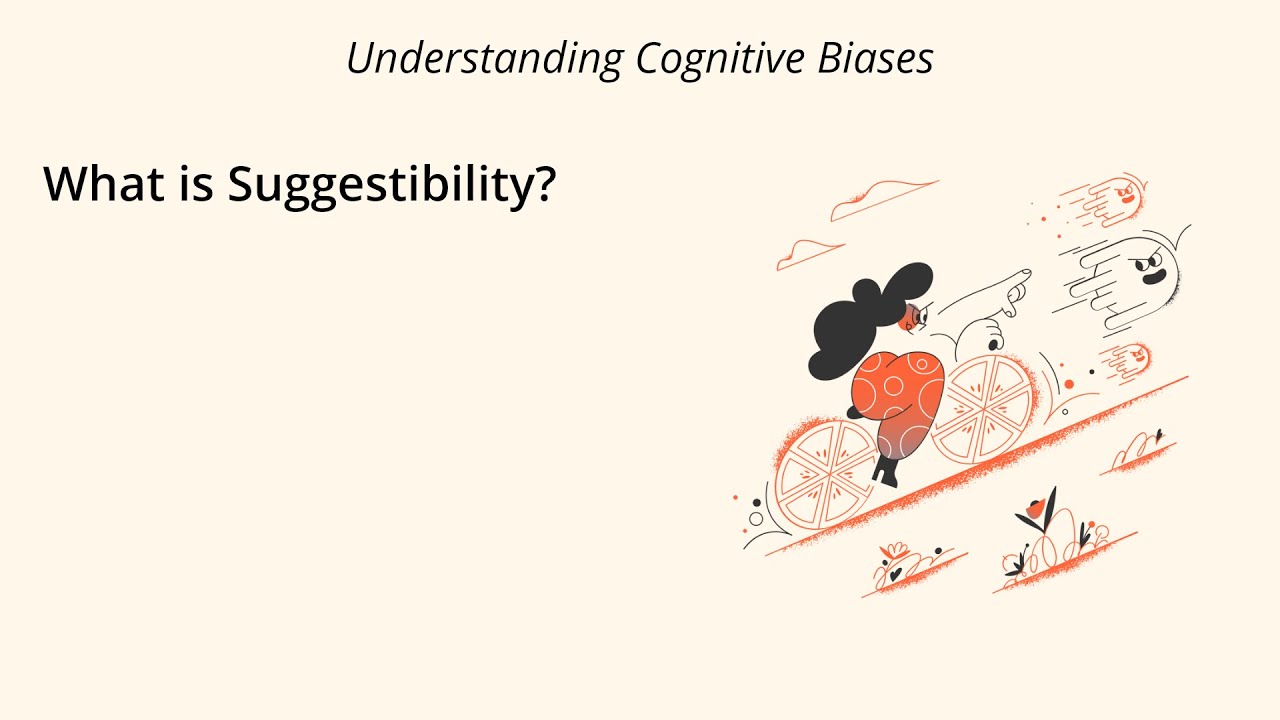Suggestibility: The Power of External Influence
Suggestibility is a cognitive bias that refers to the degree to which individuals are influenced by external information, ideas, or instructions, often to the extent of accepting and internalizing them as their own beliefs or memories.
Examples of Suggestibility:
Witness Testimonies: During a criminal investigation, a witness may be unintentionally influenced by leading questions from law enforcement, potentially leading to inaccuracies in their testimony.
Media Influence: Exposure to misleading or biased information through the media can lead individuals to adopt certain beliefs or opinions without critical evaluation.
Social Media Echo Chambers: Online platforms can create echo chambers, where individuals are repeatedly exposed to and influenced by like-minded content and opinions, reinforcing their existing beliefs.
Suggestibility in Action:
Imagine a scenario in which a group of friends is discussing a recent event they all witnessed. As they exchange their accounts, one friend, Sarah, introduces a detail that wasn’t actually part of the event. The other friends, influenced by her suggestion, begin to incorporate this inaccurate detail into their recollections, and it eventually becomes part of the collective memory of the event.
Solutions to Address Suggestibility:
Critical Thinking: Encourage individuals to engage in critical thinking and skepticism when presented with new information. Teach them to assess the credibility of sources and the validity of the information.
Independent Verification: Promote the practice of seeking multiple sources and independent verification of information before accepting it as fact or internalizing it.
Media Literacy: Foster media literacy skills to help individuals discern between credible and biased sources, and to critically evaluate the information they encounter in various media.
Open Discussion: Encourage open and diverse discussions to expose individuals to a range of perspectives and reduce the influence of echo chambers.
In conclusion, Suggestibility is a cognitive bias that demonstrates the human vulnerability to external influence in the formation of beliefs, memories, and opinions. To address this bias, it is crucial to promote critical thinking, independent verification, media literacy, and open discussion. By doing so, individuals can make more informed and independent judgments.
